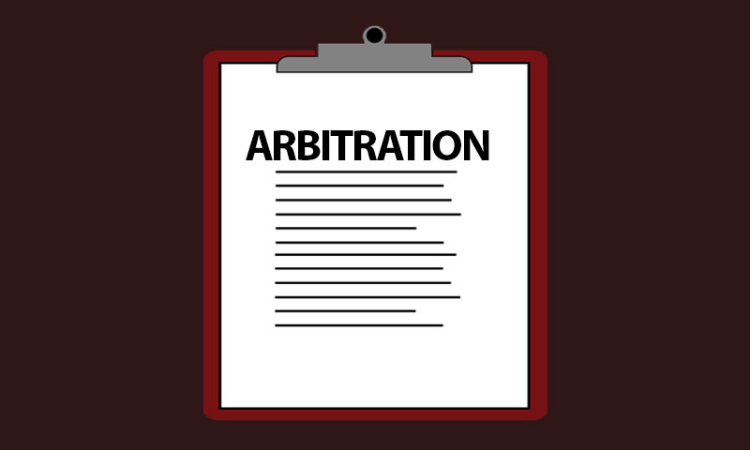- Home
- /
- Know the Law
- /
- Arbitration Court Reckoner:...
Arbitration Court Reckoner: September 2020
Kanika Singh
24 Oct 2020 2:25 PM IST
By way of the present column, an attempt is made to briefly review the salutary judgments pronounced by the Courts in the month of September 2020 under the Arbitration & Conciliation Act, 1996 (hereinafter referred to as the 'Act'). That while as many judgments as possible are sought to be reviewed, owing to the limited column space, some judgments would invariably be left out. That...
Next Story



